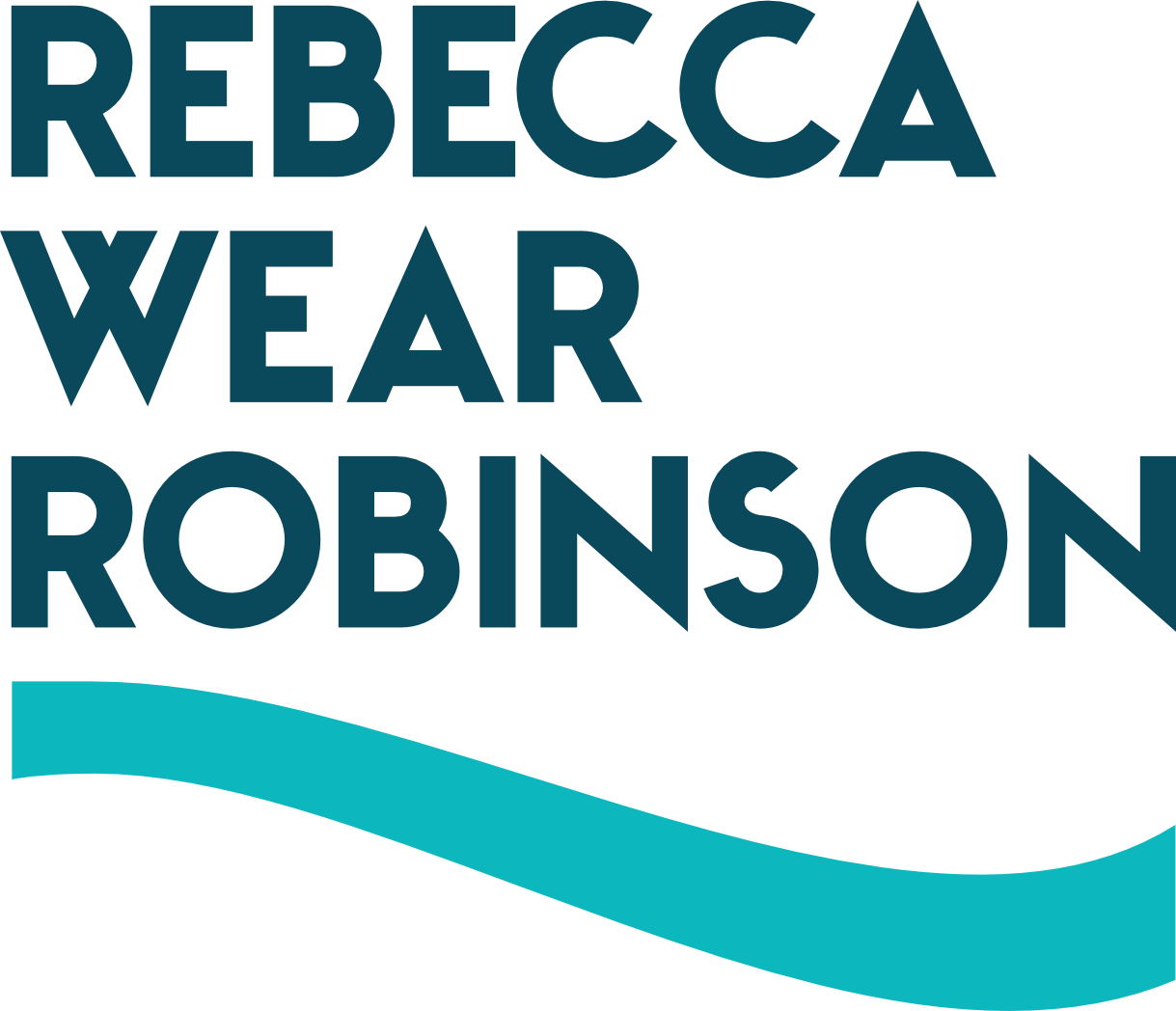Inform and Instruct
The best information is useless if we aren’t communicating effectively.
A photo of a dozen or so rip currents in Florida is circulating within the drowning prevention community. The drone photograph, taken by Taylor Busbee (@coastal.locals on Instagram), showed over a dozen rip currents running the entire length of the beach. The absolutely amazing photograph has prompted astonishment and discussion in the drowning prevention community, but very little notice outside the community.
When we don’t inform and instruct, we miss massive public awareness and education opportunities.
Almost every comment and share was about the clarity of the rip currents, how easily they could be seen. Sure, easily visible for experts in the field. For the other 99% of the world’s population, if they saw the photo, they probably had no idea of what they were looking at, why it posed a danger, and what to do if they were caught in a rip current.
We all know too much about what we know.
We use jargon, acronyms, and routinely skip straight over the basics to the expert level of information. Doesn’t matter what our field of expertise, our hobby, our passion - we all reach a point when it takes conscious effort to communicate effectively to those who don’t share the same level of knowledge.
There is certainly a time and a place for detailed, in-depth and technical information, but if your need goal is changing attitudes and behaviors, you must use every opportunity to translate your knowledge into easily consumable information.
It is extremely difficult to pivot, to remember what others don’t know. I’m not suggesting dumbing down or being patronizing, I’m talking basic communication, where information is transmitted and received intact, with nothing lost in translation. For instance, I’m not going to pretend that I understand the chemical and biological differences between different COVID-19 vaccines. I don’t want a scientist to prove their intelligence to me by impressing me with their years of education and experience. (which is often the case in communication - are you trying to inform, or impress?) I’d have gone to medical school if science were my thing, but it’s not, so I didn’t.
In the interest of global health and protecting myself, my loved ones, and my fellow humans, I do need to know how and why to get the vaccine, the level of protection the vaccine provides, what preventive actions I still need to take after being vaccinated, what side-effects I should expect, and what to do if I experience side-effects. Imagine if global vaccines were being conducted without this information, designed to change the attitudes and behavior of the wider public, just as the photo of the rip current is circulating without any educational information. A photo of a vaccine vial and an illustration of the spiked COVID-19 ball, “Here is a vaccine preventing severe COVID-19 infection.” This statement tells me nothing. It gives me no action to take. It may even leave me feeling anxious, fearful, or resistant to change because I don’t know what to do with the vial, where to look for the spiked ball, what it does, why I need to take the vaccine, who I contact, who should take the vaccine, what might happen to me if I take the vaccine.
Now imagine if the rip current photo is always accompanied by information which informs and instructs. “In this photo, the flat path of water extending from the shore is a rip current. Rip currents are strong, localized currents of water that cut through the waves, like a river running out to sea. It is impossible to swim faster than a rip current. You are always safest if you swim near a lifeguard, but if you do get caught in a rip current, swim parallel to the shore or float on your back and yell for help.”
Inform and Instruct.
No matter what your field of expertise or area of interest, if there is new information, videos, or images that can change attitudes and behaviors, grab the opportunity to inform and instruct by following these two rules:
Your words should test at no more than a 6th grade reading level. Skip the jargon and resist the urge to impress with your intellect, save those for your colleagues.
Ask yourself, would your grandparents understand your explanation? If not, re-think how you are communicating.
The greatest gift you can give anyone is to communicate as equals, respectfully and clearly. If someone is caught in a rip current, would you prefer that the person be thinking, “what is going on?” or “this must be something that expert described” as they drown, or “This must be the rip current I heard about, I’m going to stay out of the water, or even better, find a place to swim where there is a lifeguard on duty.” Or if someone gets caught, they remember enough to float on their back and yell for help. You never know when your communication will save, or change, a life.
Photo taken by Taylor Busbee, found @coastal.locals on Instagram.

